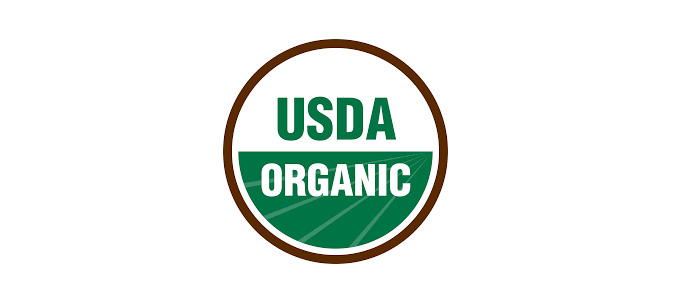USDA proposes strengthening organic regulations

Image credit: USDA
The United States Department of Agriculture (USDA) is proposing comprehensive changes to its Organic Certification Program — regulations that may profoundly affect the coffee and tea industries. The USDA Agricultural Marketing Service (AMS) purports amending the USDA organic regulations to strengthen oversight and enforcement of the production, handling, and sale of organic agricultural products. The proposed amendments are “intended to protect integrity in the organic supply chain and build consumer and industry trust in the USDA organic label by strengthening organic control systems, improving farm to market traceability, and providing robust enforcement of the USDA organic regulations.”
According to the AMS, the USDA arm that oversees the National Organic Program (NOP), this proposed rule would amend several sections of the USDA organic regulations (7 CFR part 205) to strengthen oversight of the production, handling, certification, marketing, and sale of organic agricultural products as established by the Organic Foods Production Act of 1990 (OFPA).” If implemented, the AMS says this proposed rule “will improve organic integrity across the organic supply chain, and benefit stakeholders throughout the organic industry.” Furthermore, the proposed amendments will reportedly “close gaps in the current regulations to build consistent certification practices to deter and detect organic fraud, and improve transparency and product traceability…and will assure consumers that organic products meet a robust, consistent standard and reinforce the value of the organic label.”
The proposal comes as organic agricultural products sales continue to surge in the United States. Total sales of organic agricultural products in the US grew from $3.4 billion in 1997 to $55.1 billion in 2019. According to the AMS, the need for more consistent oversight to protect organic integrity is a product of the rapidly expanding organic market, increasingly complex organic supply chains, and price premiums for organic products. “This substantial market growth has allowed many additional types of business to participate in the organic supply chain, and organic agricultural products are now traded on a global scale,” writes the AMS in the proposal, noting that “today’s global organic marketplace is marked by a multifaceted supply chain with organic products increasingly sold and handled by entities not regulated by the USDA. The absence of direct enforcement authority over some entities in the organic supply chain, in combination with price premiums for organic products, presents the opportunity and incentive for organic fraud, which has been discovered in the organic sector by both the National Organic Program and organic stakeholders.” The amendments in the proposed rule are designed to mitigate the occurrence of organic fraud.
The AMS says the proposal is in response to stakeholders’ experiences in the organic system, as they have repeatedly called for the NOP to take steps to improve oversight of organic systems and enforcement of the USDA organic regulations. Commonly cited areas for improvement include certification of excluded handlers, organic import oversight, fraud prevention, organic trade arrangements, and organic inspector qualifications.
For more information on the proposal, click here or here. Additional information may be found here and here.
If approved, the changes would be the first significant revisions to USDA organic certification regulations since they were first adopted in 2000. [However, a new ruling that took effect in January 2019 requires all flavours to be certified-organic when commercially available. Organic-compliant flavours are no longer permitted under the 95 percent rule.]
An invitation to submit comments on the proposed rule changes began on 5 August 2020 and runs for 60 days (ending 5 October 2020). Those interested in submitting comments can do so by visiting: www.regulations.gov (document number, AMS-NOP-17-0065). T&CTJ will further inform readers as news becomes available.
- Vanessa L Facenda, editor, Tea & Coffee Trade Journal.
Keep in touch via email: [email protected]
Twitter: @TCTradeJournal or LinkedIn: Tea & Coffee Trade Journal.



